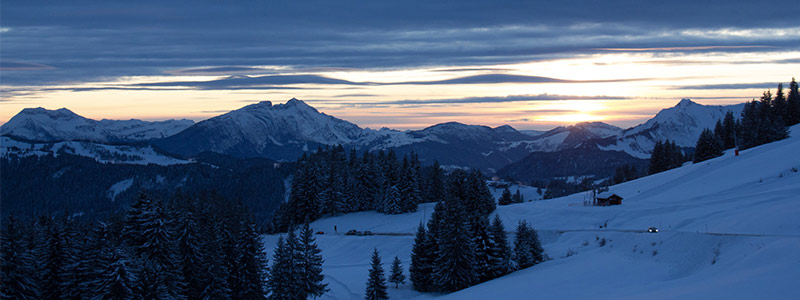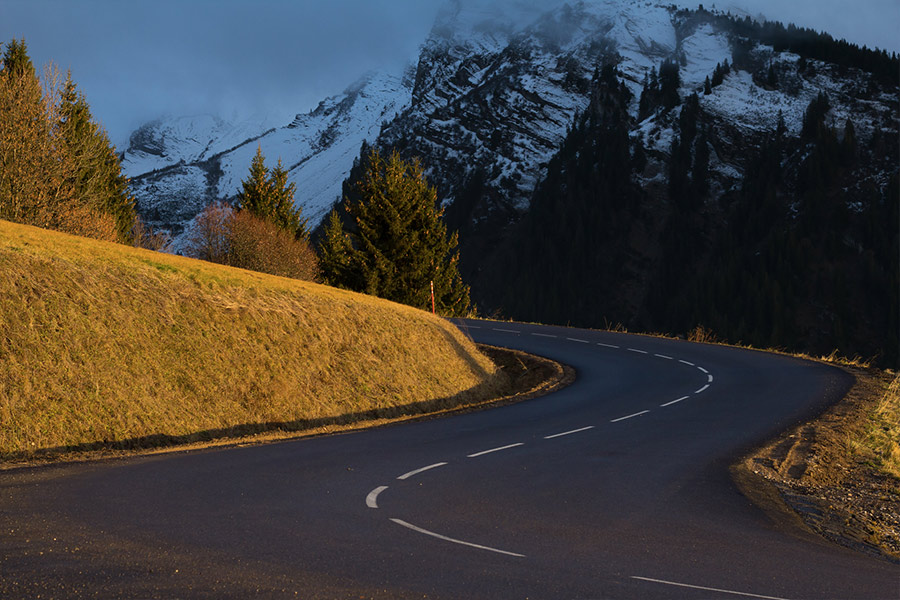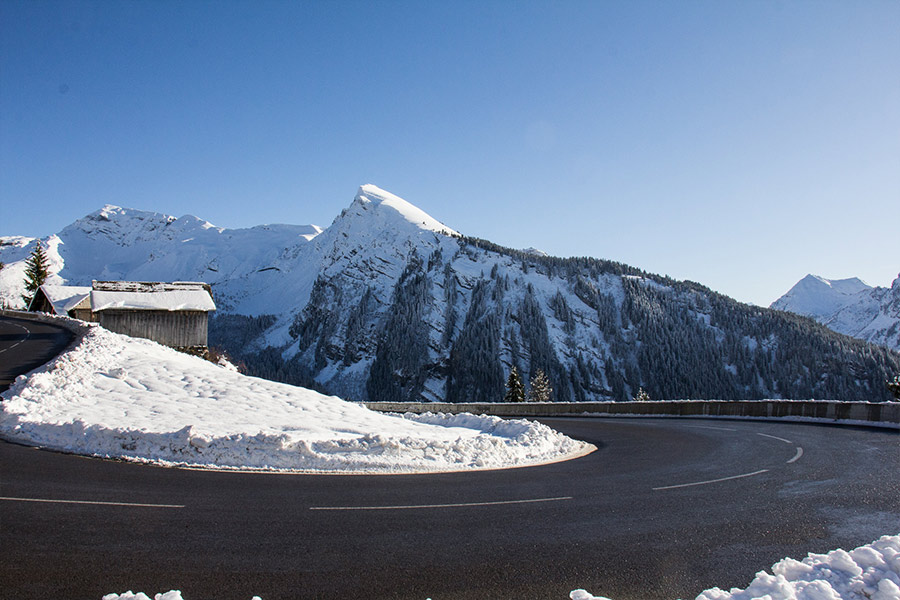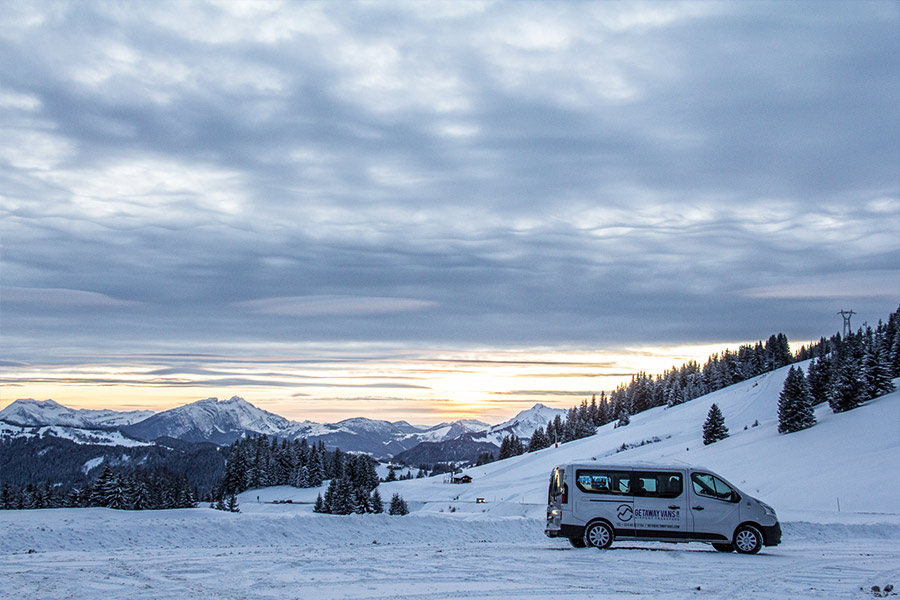
Top Tips to Prevent Travel Sickness
The journey between Geneva Airport and Morzine, Avoriaz and Let Gets involves a fair few windy roads, which isn’t ideal for anyone who suffers from travel sickness! And even if you don’t usually get travel sick, those mountain roads can really knock you for six if you’re not used to them. Since we specialise in transporting passengers and we drive on these roads all the time, we’ve picked up a few tips along the way. So here’s our ultimate guide on how to avoid travel sickness during your airport transfers.
Keep it cool
When you get in your transfer van and out of the cold, your first thought is often to turn the heater on, and the back of the van often has its own heater for exactly that. But if you’re wearing lots of layers and sitting in close quarters with eight other people, that warm air can soon become too hot very fast, which doesn’t bode well for travel sickness. If you’re sitting near the heating controls try to keep the temperature cool when you get in the van. It’ll warm to a nice temperature soon enough.
Pick your seat
We get travel sick because our brains and our senses get a bit confused as to whether we’re actually moving. That’s because when we’re in a car, we are on the move, but our bodies are staying still. It’s a well-known fact that if you can see clearly out the window it helps merge the opinions of your brain and body a bit better and helps you stop feeling ill. If you know you’re prone to travel sickness make sure you sit in the front of the van, and if you have kids under 12 sit them in the middle seat of the middle row or in the seat furthest away from the door next to the window so they get a good view. Once you’re looking out the window try not to look at passing cars, try to focus on something that’s not moving, like the horizon.
Crack a Window
Because there’s nothing like a bit of fresh air to help you feel better – just make sure you check with the other passengers first. Once you’ve got the fresh air flowing the NHS website recommends you close your eyes and take some deep breaths for a bit.
Don’t Read / play on your phone
Reading or looking at a screen are some of the best ways to make yourself feel travel sick, because your senses get distracted from what’s going on around you. Try to look out the window at all the amazing scenery, or if you’re travelling with kids try giving them an audiobook or music to listen to, or play a good old fashioned game of I Spy.
Watch what you eat
Eating a big meal, lots of junk food or drinking sugary drinks before getting in the van is bound to make you feel a bit queasy on those mountain roads. And along the same vein eating during you transfer probably won’t do you (or the other passengers!) any favours either, particularly if your snack of choice has a strong scent. But if you start feeling travel sick sometimes a dry cracker can help you feel better, and drinking water will help you stay hydrated.
Ask to Stop
It’s a stone cold guarantee that your driver would rather pull over so you can have a walk around and get some fresh air than spend the entire journey feeling rotten. Oftentimes taking a quick break can make you feel much better, and no one will be annoyed if you ask to stop for a minute.
Take medication
If you know that you or your kids are likely to feel sick, especially if it’s your first trip to the mountains and you’re not used to the roads, make sure you bring some travel sickness medication. That can be anything from over the counter tablets to anti-nausea bands; you may not need it, but it’s always good to be prepared!
We hope you’ve found our travel sickness tips useful and that they’ll help you through your next airport transfer! Don’t forget, we’re running shared and private airport transfers from Geneva to Morzine, Avoriaz and Les Gets until mid-April, so if you’re coming out to the mountains this spring, get in touch! You can book online, over the phone or by email, simple. And don’t forget, once you’re here we can help you get around in the evenings with our in-resort cab service. Find out more HERE.




